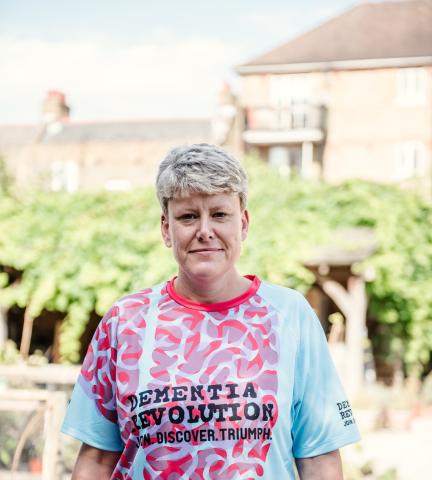Abstract
Neuropsychologia. 2025 Jun 4:109191. doi: 10.1016/j.neuropsychologia.2025.109191. Online ahead of print.
ABSTRACT
Episodic memory deteriorates with age and in Alzheimer's Disease (AD). Interventions to enhance memory in these cohorts are limited and associated with disadvantages inherent in pharmaceuticals and in the cost/availability of formal cognitive enhancement programmes. Here we tested whether an autobiographical retrieval task could enhance performance in a separate word-list recognition task. The RESTED-AD Study (Remote Evaluation of Sleep To enhance understanding in Early Dementia) was a cohort study comprising individuals with AD MCI/early dementia and age-matched healthy controls (HC). Participants completed a word recognition task twice, with learning and test phases separated by sleep. On one occasion, participants wrote down 5 autobiographical events occurring in their day before bedtime (Autobiographical Condition). Episodic memory accuracy was compared in the Autobiographical vs Standard Condition. Sleep was recorded utilising a home-based EEG headband. Twenty-six participants (AD = 8, HC = 18, 5 Female) had mean (SD) age of 70.0 (6.6), and Montreal Cognitive Assessment Score of 26.1 (2.4). Full cohort accuracy score increased in the Autobiographical Condition [% Mean (SD) Standard = 82.0 (11.0), Autobiographical = 86.4 (8.1), Cohen's D = 0.452, p = 0.024]. This relationship maintained after correction for confounding variables and task order. After False Discovery correction, no evidence was found to support sleep-mediated mechanisms. Autobiographical memory evocation was positively associated with recognition memory performance in older adults and individuals with AD. As an intervention with no foreseeable risks, replication of this finding and further work to establish underlying mechanisms is warranted.
PMID:40480455 | DOI:10.1016/j.neuropsychologia.2025.109191
UK DRI Authors
